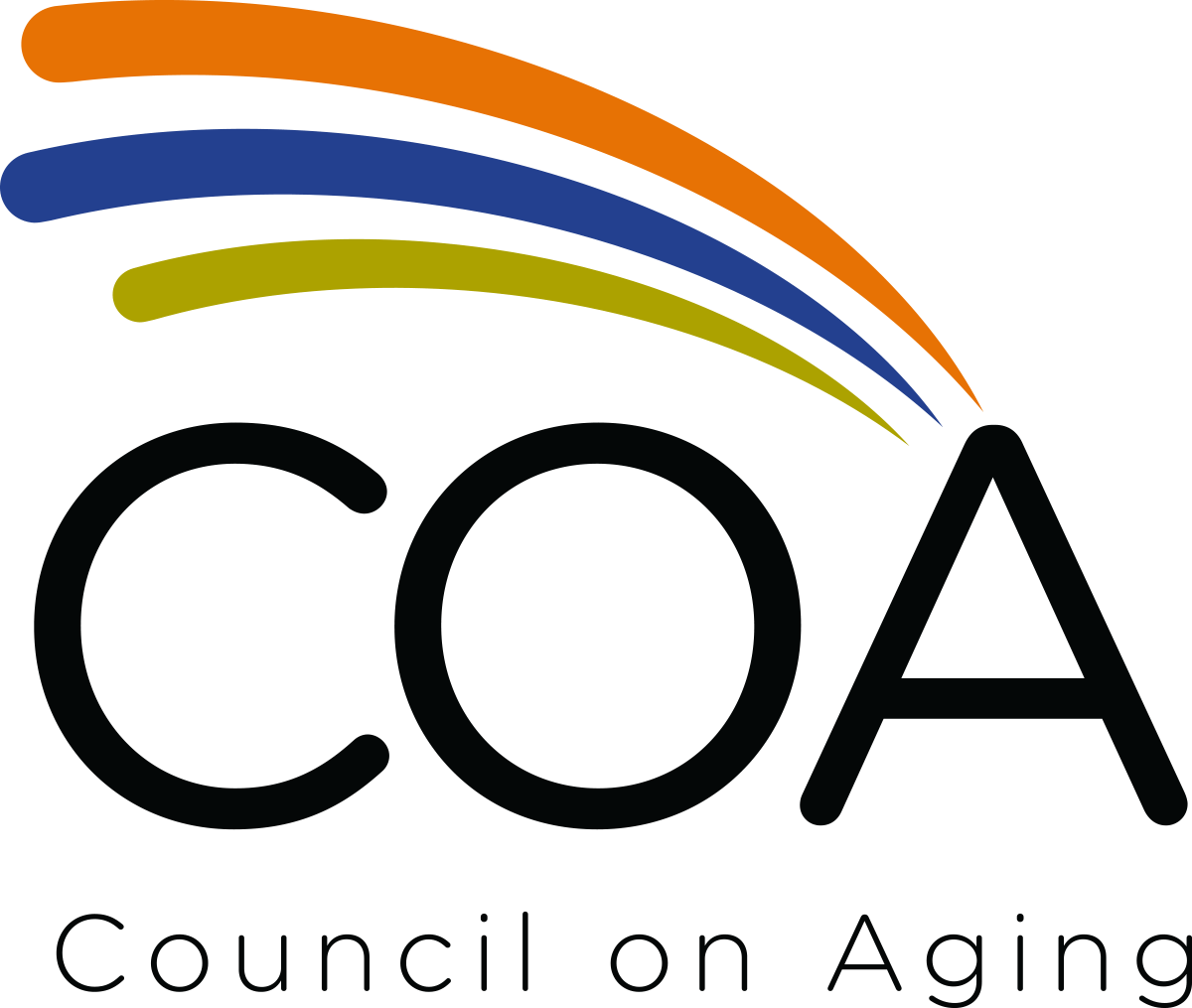News
There’s hope for older adults experiencing mental health struggles
April 21, 2023
By guest columnist Andrea McCrate, MS, CPRS,
Recovery Center of Hamilton County

When it comes to leading a full life, mental health is equally as important as physical health for the overall wellbeing of older adults.
Mental health struggles are, unfortunately, quite common in older adults: at least 1 in 5 older adults experience some type of mental health struggle. Even with this prevalence, conditions such as anxiety and depression often go undiagnosed and untreated in older adults. This can lead to a poor quality of life, including unnecessary suffering in the form of social isolation, increased challenges with pre-existing ailments such as heart disease, high blood pressure and diabetes, and a host of other symptoms.
Even though depression and anxiety are different in nature, they often go hand-in-hand.
Depression is the most prevalent mental health problem among older adults. Depression is not just normal sadness, but it is a chronic and debilitating disease that can result in social isolation, lack of interest in activities, difficulty sleeping and physical pain. Anxiety can lead to severe distress and even despair in older adults, if left untreated.
Many older adults do not seek treatment if they are experiencing mental distress. Why? It may be because of a perceived stigma, or perhaps it’s the common misconception that mental health decline is a normal part of aging.
But there is good news. We are fortunate to have access to many resources that can provide hope and help for older adults struggling with mental health challenges. It all begins by having an honest conversation with your primary care physician. From there, older adults may be referred to a wide range of resources, from therapy or medication, to increasing one’s social support network. (Resource links are at the end of this article.)
For many older adults living with mental health issues, their social support network keeps them thriving, allowing them to give back to their community and providing an all-important sense of purpose in their lives.
John, an older adult (72) who participates in classes at the Recovery Center of Hamilton County, found the support he needed in his social network. “I was encouraged to take classes that fit my own personal needs.”
For Dennis (71), it’s all about self-care. “I shave every day!” He uses self-care each morning to ready himself for the day. Another thing he is sure to do is leave his apartment for one reason or another each day.
For information about mental health services for older adults in our community, contact Council on Aging at (513) 721-1025 or the following county resources:
Butler County: Butler Behavioral Health https://www.bbhs.org/
Clermont County: https://ccmhrb.org/
Clinton County: https://www.mhrbwcc.org/home/ (this is a joint Warren and Clinton program)
Hamilton County:
Recovery Center of Hamilton County (recoverycenterhc.org)
Warren County: https://www.mhrbwcc.org/home/ (this is a joint Warren and Clinton program)
Andrea McCrate is a Certified Peer Recovery Supporter from the Recovery Center of Hamilton County.
